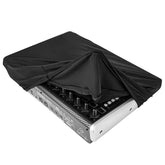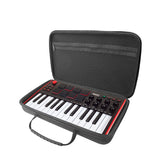Mastering Piano Fundamentals: Essential Techniques for Success
No matter what you study, achieving success requires daily diligence, laying the foundation for higher-level learning in the future, and learning piano is no exception.

01. Proper Sight-Reading
Understanding the emotions and intentions of the composer through the music is essential, so it's important to start practicing sight-reading correctly. Learn to play while reading the score, paying attention to clefs, key signatures, time signatures, fingering, musical terms, notes, durations, and expression marks. Once proficiency in reading and sight-reading improves, memorization can be considered.
02. Finger Exercises
Finger exercises are crucial for mastering piano basics. Finger strength, dynamics, and various touch techniques directly impact piano performance. Practicing fingers aims to develop independent, steady, flexible, and clear playing.

03. Scale and Arpeggio Practice
Scales and arpeggios are fundamental techniques in piano performance, essential for achieving musical effects. Practicing scales helps balance finger development and enhances finger control and utilization.
Arpeggios involve playing the notes of a chord simultaneously in ascending or descending order. However, when starting arpeggio practice, it's important not to rush. Speed should increase gradually as proficiency improves.
04. Coordination Exercises for Both Hands
After some time learning piano, many feel that coordinating both hands is no longer challenging and neglect practice in this area. However, coordinating both hands is fundamental to piano playing and should be practiced daily.

It's essential to prioritize basic skills; only with a solid foundation can one master more challenging pieces and reach higher levels in piano artistry!






